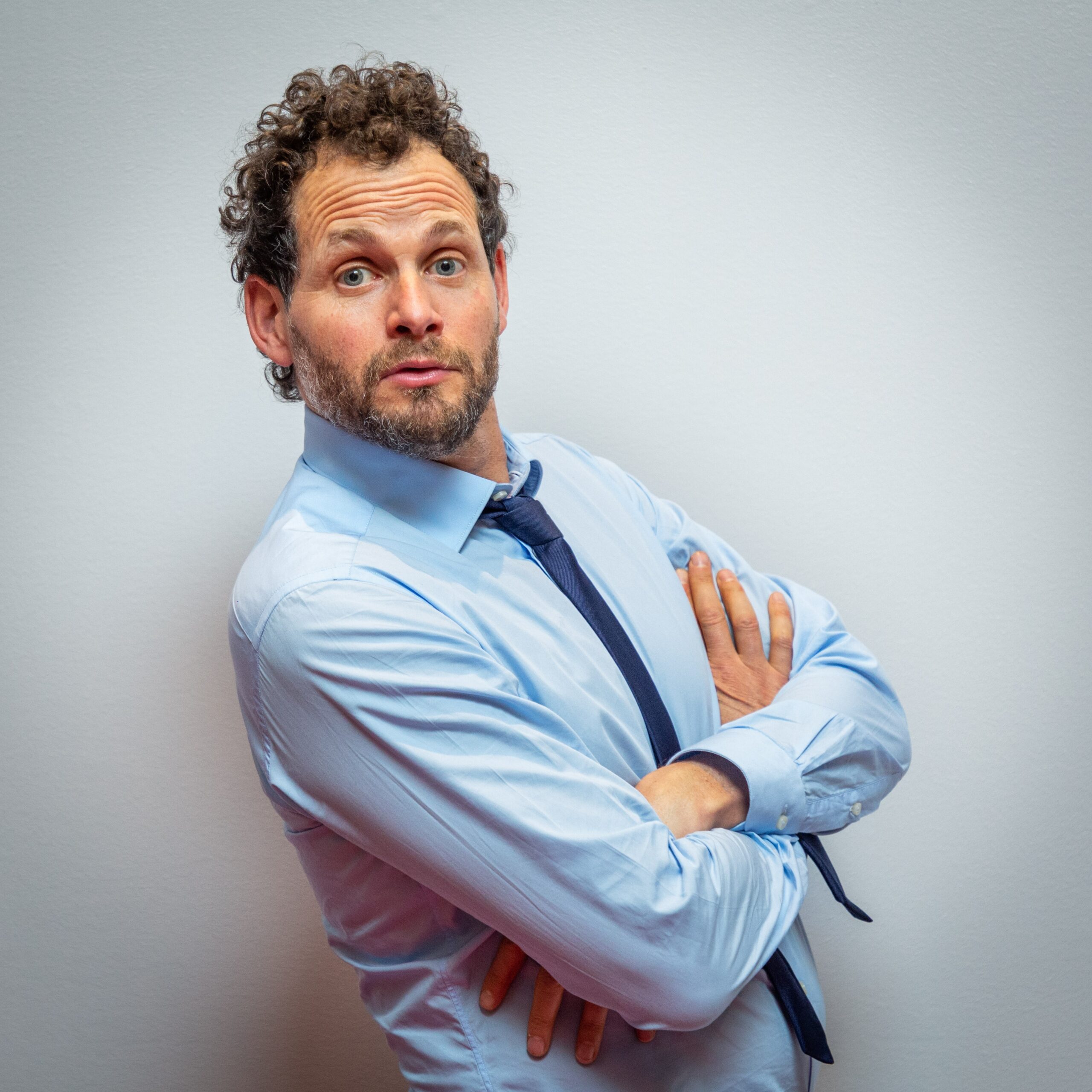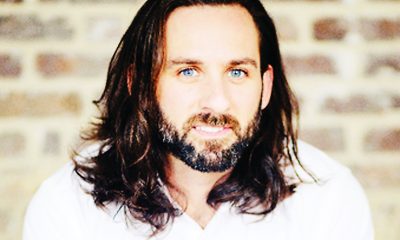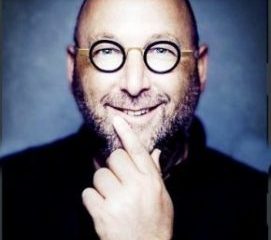
Featured Item

Laugh until you cry – why it’s funny to be Jewish
“The hardest part about following your dreams as a Jew is how scared your mother is,” says Kate Pinchuck in discussing how her Jewish identity has influenced her career.
She was one of four Jewish comedians, including Gilli Apter, Glen Biderman-Pam, and Nik Rabinowitz – who agreed to chat about being Jewish and being a comedian.
For Pinchuck, there seems to be a direct correlation between Jewish identity and style of comedy. “Being Jewish is the reason that I’m doing comedy,” she says. “Comedy is an occupational hazard of being Jewish.”
Rabinowitz says that for him, “Coming from a long line of rabbis laid the foundation for a career in comedy. Doing comedy is basically the same thing as being a rabbi without as much community responsibility. And you don’t have to stick to the script. Although people do still like to tell me a lot of their secret problems.”
Says Apter, “Suffering influences comedy. Coming from a historically oppressed background, there’s a dispensation for comedy. There’s this mentality in Jewish culture that’s prone to being cynical and sceptical, qualities that make you question things. I possess that just by virtue of being in that environment my whole life. I don’t think I would have the same sense of humour if I was born Jewish – or didn’t know that I was Jewish and lived in the Australian outback,” says Apter.
Pinchuck backs this up, saying, “My comedy is extremely self-deprecating and self-aware. This seems painfully Jewish to me. I think that my Jewish identity has created an attitude in which I’m willing to joke about myself.”
Biderman-Pam says his Jewish identity has “helped [him] to find an identity. [My Jewish Identity] has helped me to understand the characters I have portrayed, for example, Rael in Tali’s Diary. I’m able to embody the text and understand the nuances because I know the culture.
“I thought [performing in front of a Jewish audience] would be super easy because the audience would immediately understand me,” says Apter, “I wouldn’t have to contextualise certain things as much, but that wasn’t the case. It made people nervous. The audience sees this young Jewish woman, and it mixed with their sense of what a Jewish woman should be.
“They would see a woman in her thirties who isn’t married and is doing comedy. It freaked them out, and I felt that.”
Pinchuck believes “Jewish audiences are more open to Jewish cultural references. I have to contextualise myself less in front of a Jewish audience.”
However, not all audiences – even specifically Jewish ones – are built the same. Apter and Pinchuck both tell stories of Jewish audiences that weren’t so open to their comedy. “I did a fundraiser and it was like just round tables of people who knew that they were going to be asked to give money at the end of the event, and they were just looking at me,” Apter says. “They were tense and not out to have a good time. They were so uncomfortable.”
Similarly, Pinchuck tells a story of when she was very young. “It was a gig at a golfing event. There were all these older Jewish men. I could see them thinking, ‘I hope my daughter doesn’t do this.’”
Rabinowitz tells a story of being asked to exclude certain material. “I’ve had an event co-ordinator ask me not to include material about my bris. It was just after the COVID-19 pandemic, and people were sensitive about all sorts of things. She said, “Nik, please no race, no language, no religion, no politics, no accents, no disabilities, no vaccinations, no gender, no banana bread – might be a bit triggering for people with allergies – no clapping – it’s ableist and there may be people with no arms in the audience – and definitely no circumcisions.”
“Jews love to hear Jewish jokes,” says Biderman-Pam. “But they can also be quite afraid to laugh at those jokes for fear of looking insensitive. So, it can be a tough gig.”
Rabinowitz could touch on only one major difference in his Jewish audiences, namely that “a Jewish audience parks around the corner when they come to my shows on a Friday night”.
Says Pinchuck, “There are no-go zones when it comes to certain topics. I have learned that by going there.”
“There’s always a joke good enough to overcome whatever the line is, in my opinion,” says Apter. “There’s always going to be difficulty in getting 100% agreement on something in a room, but when a joke has gone badly, it’s usually because of the quality of the joke and not the subject matter. It’s not a line I look to push. But sometimes there’s an opportunity that presents itself, and you go for it, and it can go either way”.
Rabinowitz says the only off-limit topic is his Jewish mother, however for those who attended his latest show, he spent a while delving into just that.
Says Pinchuck, “I’ve been censored in some instances. I’ve had to listen to my gut and what’s appropriate for the setting. I’ve often been told to censor myself in a way that male comedians haven’t. I have to remind myself that I have to be true to myself, even if it’s harder to do so.”
Apter says censorship exists more in a corporate setting. “People don’t want you to talk about politics, religion, sex, etc. That’s the fundamental backbone of all comedy, when you think about it. You’re told to please come on stage and not talk about any societal issues, and you go along with it and make the joke anyway without any realisation from the audience. They don’t realise you’ve made a certain joke if you’ve done it well because you haven’t done a joke that offends them.”
“Go see local comedy,” Apter says to aspiring Jewish South African comedians. “Do as much stand-up as you can, and try to find your own voice,” advises Biderman-Pam. “You have to just get on stage. Talent is great, but hard work and persistence are what’s important,” says Pinchuk. “If they ask you to keep it clean, don’t resort to doing jokes about that week’s parsha, it can backfire on you,” advises Rabinowitz. Perhaps the most apt piece of advice from Pinchuck is, “Don’t tell your mother before your first performance. She’ll freak you out.”











UNKY
September 15, 2023 at 8:20 pm
WHAT ABOUT THE GUYS FRTOM THE PASSED LIKE LEN DAVIS, MEL MILLER CYRIL GREEN, MEL TRAVIS.